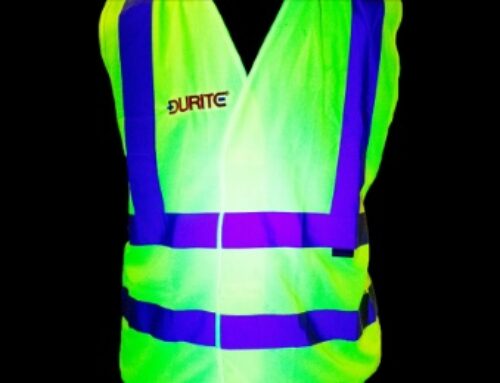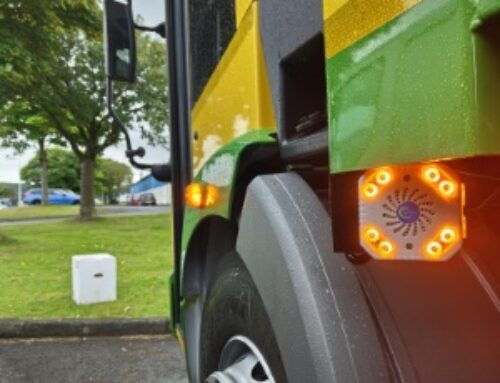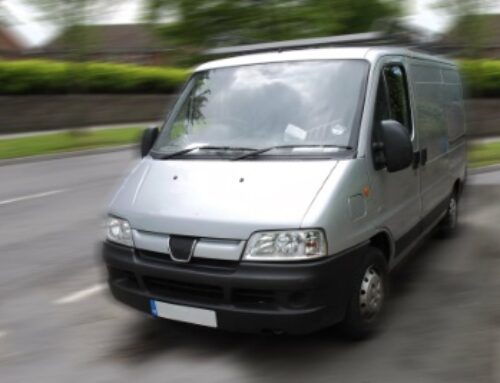Train drivers as first responders, says TACL
 Tachograph Analysis Consultants Limited (TACL) has spoken in favour of equipping professional drivers with the skills they need to act as first responders in the event of an incident on the road network.
Tachograph Analysis Consultants Limited (TACL) has spoken in favour of equipping professional drivers with the skills they need to act as first responders in the event of an incident on the road network.
The company provides a range of compliance and training services to the transport sector, including tachograph analysis.
“Tachographs have helped revolutionise the working practices of goods and passenger drivers; legally required break and rest periods are recorded by the tachograph to help regulate fatigue and promote a safer road network,” said Nigel Kirkwood, technical director at TACL (pictured, right).
“The use of tachographs will shortly be extended to the over 2.5-tonne vehicle parc. This will offer that same support framework of safety from the tachograph world, to a completely new cohort of professional drivers.”
But Nigel observes that both this new subset of drivers and existing truck and bus drivers will have something unfortunate in common: an inequality with their non-driving, site-based colleagues.
“In traditional workplaces, health and safety regulations ensure trained first aiders and first aid kits are available on-site – part of an employer’s duty of care,” he said.
“The inequality comes once that workplace moves from the factory or office, to the driver seat.”
Nigel points out that millions of people who drive for work – whether in trucks, coaches, vans or their own cars – are effectively operating in a high-risk environment, the UK’s strategic road network having been described as the country’s most hazardous workplace.
“Up to one third of all road traffic incidents involve someone driving for work,” he said.
“Once out on the road, that safety blanket of on-site, immediately-to-hand first aiders and first aid kits is largely lost.
“Statistically, someone driving for work would be at the scene of a road or other incident – equivalent to the first aider on-site – before emergency services arrive.”
While the emergency services provide crucial and often life-saving assistance, if additional support – however small – could be provided prior to their arrival, says Nigel, it could significantly influence the incident’s outcome.
“By equipping drivers with potentially life-saving and life-changing basic skills, those same levels of support and care afforded to in-house workers, could be replicated once the factory gate or office door is cleared,” he continued.
“Those basic skills could include something as simple and fundamental as stopping in the correct place to protect anyone at an incident, and making it obvious to oncoming traffic there is an issue.”
Once on hand, such a first responder could make the ‘perfect 999 call’, and then if they feel able, administer first aid prior to the arrival of an ambulance – which could mean the difference between a successful outcome and another potentially deadly statistic.
“Equipping drivers with the skills to respond at the scene of an incident could be the single most important training they ever receive: empowering them to recognise an incident, communicate it quickly, and respond with life-saving actions before the emergency services arrive,” said Nigel.
“By providing training – training that is already required and often delivered to in-house colleagues, though not always replicated to those on the road – a latent resource of literally millions of drivers could be mobilised.”
He concluded: “Just as tachograph debriefs can identify risks and shape future training, the same should apply to incidents on the road. Everyone should begin treating such training not as an optional extra, but as a fundamental component of road safety strategy.
“Surely it is owed to everyone to pick up the gauntlet and start driving down this inequality between those on-site and those off-site.”













